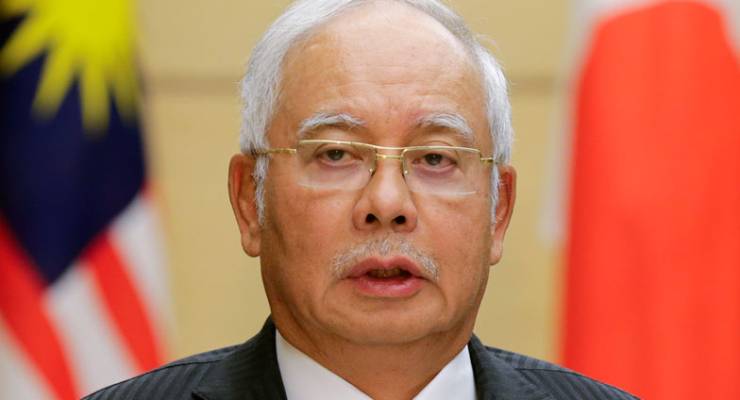
Monash University and Curtin University have both sent emails to students at their Malaysian campuses threatening to take action against them if they participate in upcoming protests against Malaysian Prime Minister Najib Razak, raising serious questions about the universities’ independence from Malaysian government influence.
The warnings come just days ahead of major protests calling for Razak’s resignation, planned for Saturday.
Monash University Malaysia sent an email to all students this week saying: “You are advised not to participate in any illegal gathering/related activity which contravenes Malaysian laws.”
“Any student found to be participating in such gathering/activity or who is arrested by authorities for doing so may be subjected to disciplinary proceedings,” said the email. signed by Monash University registrar Dr Susheela Nair.
Malaysian media also reported that Curtin University Sarawak Malaysia sent a similar email to students warning university action would be taken if they participated in “illegal demonstrations”.
Gavin Moodie, who has worked as a policy adviser across half a dozen major Australian tertiary institutions, including Monash, and has written about the risks associated with international campuses, says the warning to students was a first for an international university.
“Monash Malaysia’s warning its students against attending an ‘illegal gathering’ and threatening sanctions is the first I’ve seen of an international university enforcing a host country’s restrictions on freedom of speech, freedom of assembly or exercise of any other democratic right,” Moodie told Crikey.
On Thursday, Monash University Malaysia appeared to back away from its threat of action against students, issuing a statement offering an “unreserved apology for the wording” of the message:
“The communication did not properly convey the intent of the message. The intent of the message was to remind students that taking part in unlawful assembly is contrary to the laws of Malaysia, and students need to be aware of the consequences of undertaking unlawful activities.”
Monash University would not comment further,
Monash University would not comment further and Curtin Sarawak Pro Vice-Chancellor Professor Jim Mienczakowski told Crikey in a statement: “Curtin Sarawak complies with all Ministry of Higher Education (MOHE) requirements to advise students on matters of their safety, and also to advise our students not to be caught up in any illegal activities.”
Monash Malaysia’s Kuala Lumpur campus had 7000 students enrolled last year, and roughly 4000 students studied at Curtin University Sarawak.
Malaysia’s electoral reform organisation Bersih, meaning “clean”, has planned a demonstration for Saturday, calling for electoral reform and for Prime Minister Najib Razak to resign following a year-long corruption scandal.
The United States Justice Department, in July, made a historic seizure of more than $1 billion in assets allegedly siphoned from Malaysia’s failing 1MBD state-investment fund. Close political allies of the Prime Minister, including his stepson, were among those who had assets seized.
Previous rallies held by the Bersih organisation have been met with the use of tear-gas and water cannon’s and protesters have been arrested by police. Malaysia’s Peaceful Assembly Act requires protesters to provide the authorities with 10 days’ notice of any protest, which organisers say they have done for this weekend’s upcoming rally.
“It is more common to see public universities [in Malaysia] come under political pressure,” Eric Paulsen Executive Director of Lawyers for Liberty said, “but I was really shocked and surprised that this is something coming from a private international university”.
Paulsen told Crikey he believed the universities were responding to a directive from the Malaysian Education Department and noted international universities have previously enjoyed more leeway than local institutions to set their own curriculum and manage student affairs.
Students have previously been suspended from Malaysian public universities for participating in protests.
“Monash must explain clearly why they have come to this decision. They can’t have it both ways, they can’t teach human rights, freedom of expression and then give this directive to students,” Paulsen said.







Just as an aside, are the Monash unis allowed to admit as many Chinese, Indian, and other ethnic minority students as wish to attend, or must priority be given to Bumiputra Malays, as required by the policies adopted in the 1970s?